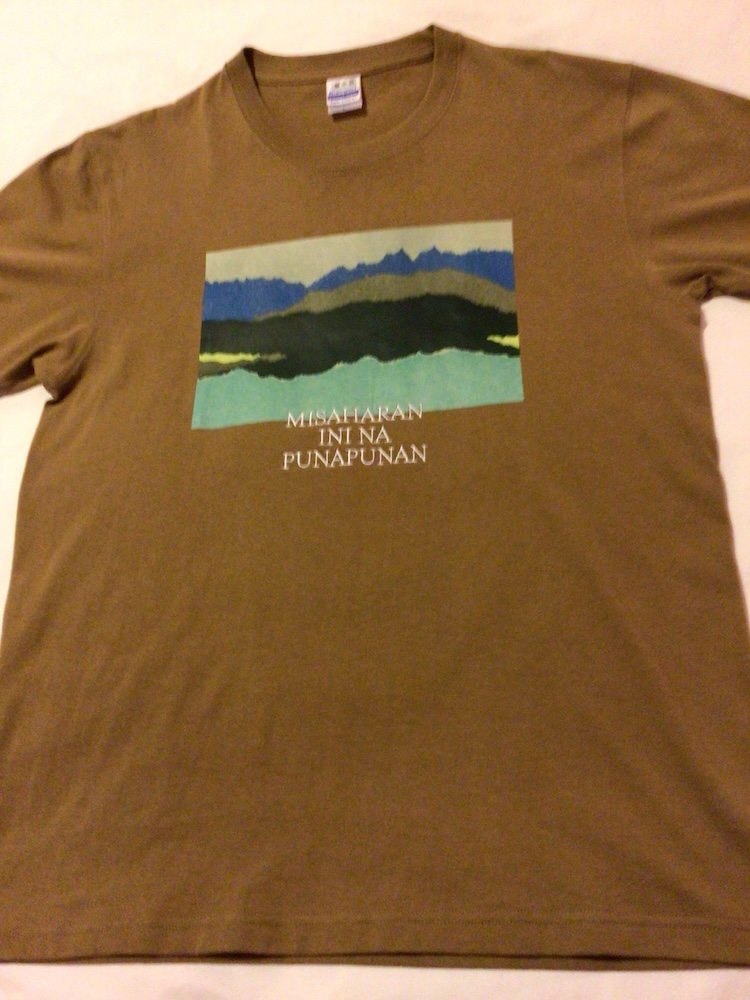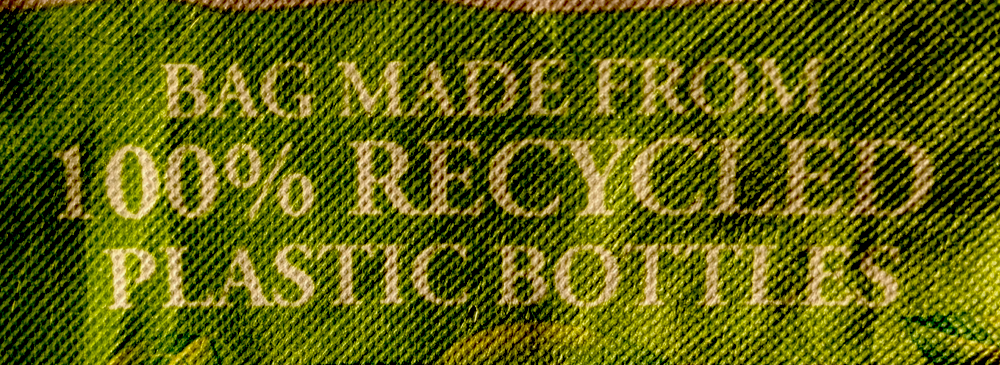Old Long Since: Firefly light, snow on the window
Yesterday, on New Year's Eve, I was sending around, to family and friends, the lyrics and melody of the beloved song we sing at this time of year (here [The Choral Scholars of University College Dublin], here, [Rod Stewart]). I also circulated the Wikipedia article so that people could know the ballads and folk songs that preceded Robert Burns' famous poem (1788).
This morning when I awoke, I received the following message from Martin Schwartz:
It is indeed interesting to see how these Scottish sentiments are presented in this East Asian language. Thoughtfully, the source provided an English translation for the Japanese.
Read the rest of this entry »




